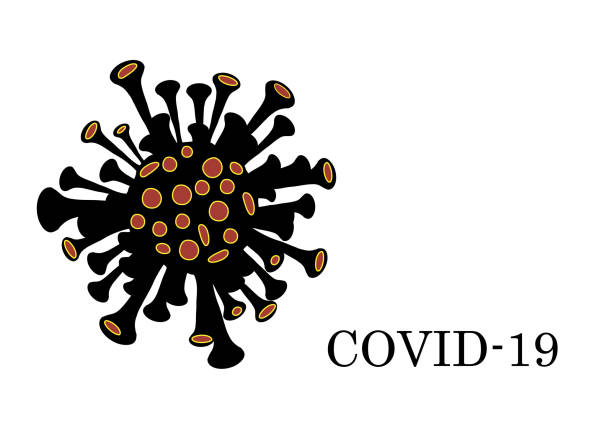As the Covid-19 saga continues, a new canine-named contender enters the ring: the Orthrus variant (lineage CH.1.1). Named after the mythological two-headed guard dog, Orthrus has generated concern with its rapid spread and potential for immune evasion. But what about the symptoms? If you suspect you’ve encountered Orthrus, what should you watch out for?
Omicron Echoes
Thankfully, initial reports suggest Orthrus symptoms largely mirror those of its Omicron siblings. This means familiar cold-like symptoms like:
- Runny nose
- Sore throat
- Congestion
- Cough
- Headache
- Fatigue
These symptoms can overlap with other common illnesses, so testing remains crucial for accurate diagnosis.
Potential Plot Twists
While similarities to Omicron are reassuring, Orthrus harbors a key mutation (L452R) also seen in the Delta variant. This raises concerns about possible differences in:
- Severity: Delta was known for its increased risk of hospitalization and death. While it’s too early to say definitively, further research is needed to determine if Orthrus carries a similar threat.
- Transmission: Delta’s high transmissibility fueled major surges. The L452R mutation may give Orthrus a similar edge, potentially leading to rapid spread.
- Immune Escape: Orthrus exhibits resistance to both monovalent and bivalent mRNA vaccines, implying it might evade our immune defenses more effectively than other Omicron subvariants.
Navigating the Unknown
With limited data, understanding Orthrus’s full clinical picture requires ongoing research. However, these early insights highlight the importance of:
- Testing: If you experience any Covid-like symptoms, get tested promptly. Early diagnosis helps control spread and ensures proper treatment.
- Vaccination: While current vaccines may offer less protection against Orthrus, staying up-to-date with vaccination remains crucial for reducing overall severity and protecting vulnerable populations.
- Precautions: Regardless of the variant, familiar public health measures like mask-wearing, social distancing, and hand hygiene remain effective in curbing transmission.
By staying informed and vigilant, we can navigate the evolving landscape of Covid-19. Remember, knowledge is our shield against the unknown, and understanding Orthrus Covid variant symptoms is a crucial step in mitigating its potential impact.
Additional Information
- This article is for informational purposes only and should not be construed as medical advice. Always consult a healthcare professional for diagnosis and treatment.
- For the latest updates on Orthrus and other Covid-19 variants, please refer to reliable sources like the World Health Organization (WHO) and your local health department.
Conclusion: A Two-Headed Challenge, but Not Unsurmountable
While the Orthrus Covid variant presents new uncertainties, it’s crucial to remember that we’ve faced Covid-19 challenges before. By staying informed about symptoms, practicing preventive measures, and remaining up-to-date with vaccinations, we can navigate this evolving landscape effectively. Remember, vigilance and informed action are our most potent weapons against the virus.
FAQs: Unmasking the Mysteries of Orthrus
Q: Are Orthrus symptoms different from other Omicron variants?
A: Initial reports suggest similar cold-like symptoms, but the presence of the L452R mutation raises concerns about potential differences in severity, transmission, and immune escape. More research is needed to confirm these possibilities.
Q: Should I be more worried about Orthrus?
A: While Orthrus warrants monitoring, it’s important not to panic. Staying informed, practicing precautions, and seeking testing if needed are the best ways to manage the situation.
Q: Are current vaccines effective against Orthrus?
A: While their effectiveness might be reduced, staying up-to-date with vaccinations remains crucial for reducing overall severity and protecting vulnerable populations. New vaccines tailored to Orthrus are also under development.
Q: What can I do to protect myself from Orthrus?
A: Familiar public health measures like mask-wearing, social distancing, and hand hygiene are still the most effective tools for curbing transmission. Additionally, staying informed about local updates and recommendations is essential.
